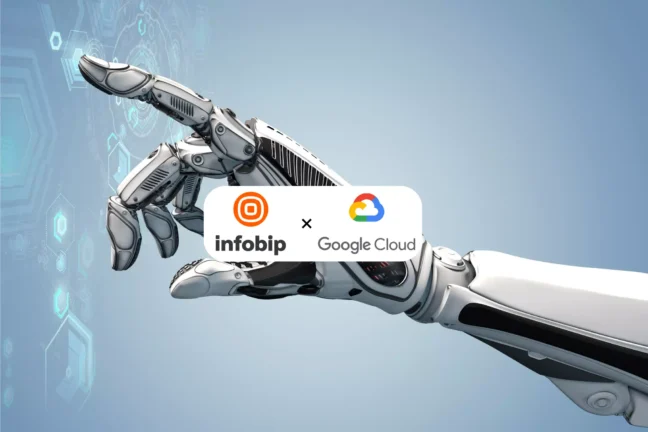AI is gradually being integrated into the healthcare sector, with the potential to improve many areas of the patient experience. However, many consumers are still expecting to see actual results. According to a recent Talkdesk survey, while patients recognize the value of human interaction in healthcare, there is growing optimism that AI will simplify the patient journey, streamline administrative tasks, and reduce healthcare-related stigmas in the coming year.
“While our findings clearly show that patients are ready and eager for AI to assist them in navigating the system and handling administrative tasks, the human touch remains essential for providing medical advice and personal health inquiries. As we move forward, it will be important for healthcare providers to responsibly integrate AI to enhance efficiency and personalization while maintaining the expertise that human caregivers can provide. This is how the industry can leverage AI to improve the patient journey,” said Patty Hayward, Vice President and General manager of Healthcare and Life Sciences at Talkdesk.
The survey reveals that 62% of U.S. patients believe that the degree of support from healthcare providers has decreased or remained the same in the previous year. Many people continue to struggle with navigating the healthcare system, with 23% noting challenges such as scheduling appointments with different departments and insurance concerns.

Future outlook
Looking forward, there is growing faith in AI's ability to improve healthcare experiences. More than half (51%) of respondents believe AI will improve their patient contacts in the next 12 months. This expectation is higher among men, with nearly three-fifths (59%) optimistic about AI's impact compared to slightly more than two-fifths (44%) of women. Millennials also stand out, with 60% having high hopes for AI in healthcare.
Half of the US patients polled thought AI would improve the patient experience by allowing healthcare professionals to spend less time on administrative duties like writing patient letters and scheduling appointments. Moreover, most expect AI to play a role in automating appointment and prescription reminders (82%), as well as enhancing coordination among various healthcare professionals (75%). In addition, 81% believe AI will speed up responses to non-clinical requests such as appointment rescheduling.
The role of the human touch
The human touch is still important in certain areas of care. A high preference for human engagement remains, with 81% of respondents preferring to seek medical advice from a human and 74% wishing to discuss personal health issues with someone. Still, many patients are at ease with AI managing basic activities such as updating personal information (60%), issuing medication refills (56%), and scheduling routine appointments (42%).
It's easier to talk to AI
Approximately 30% of respondents said they avoided medical care because they were uncomfortable discussing their health concerns with human professionals. A large 67% said they would feel better at ease booking appointments for sensitive topics with an AI chatbot, indicating that AI could help reduce obstacles to care for stigmatized health disorders. The most praised features of AI healthcare chatbots are their lack of judgment (48%), not rushing patients (38%), and avoiding feelings of inadequacy if a patient does not grasp something (36%).









